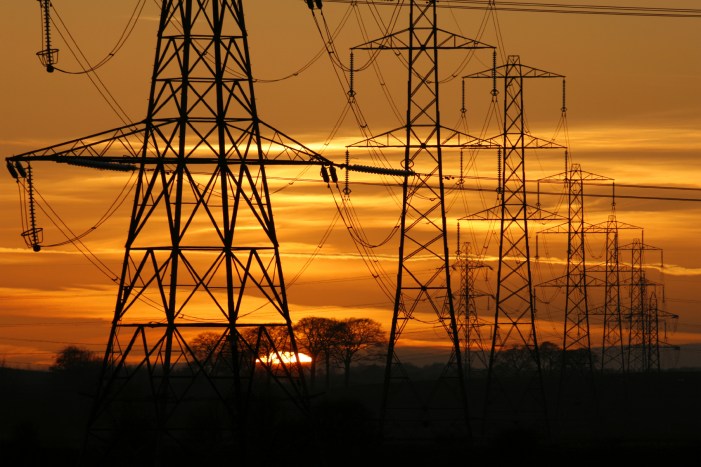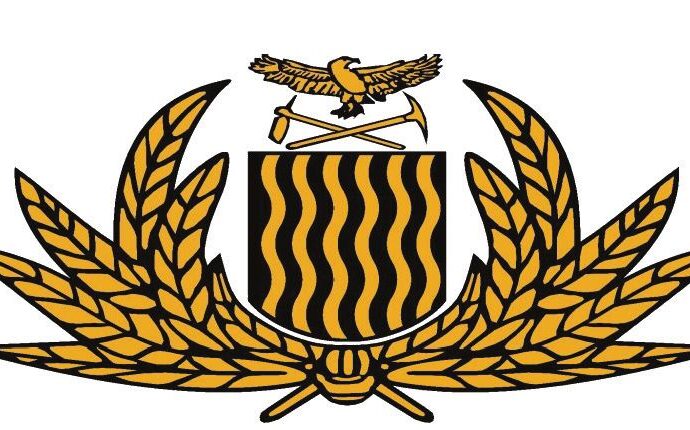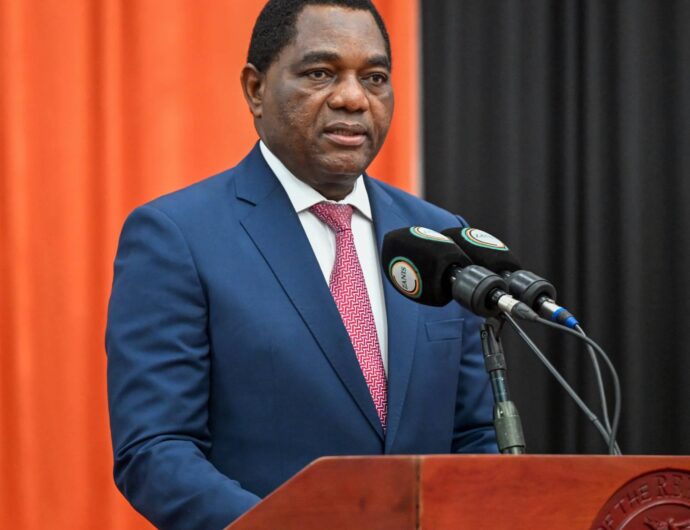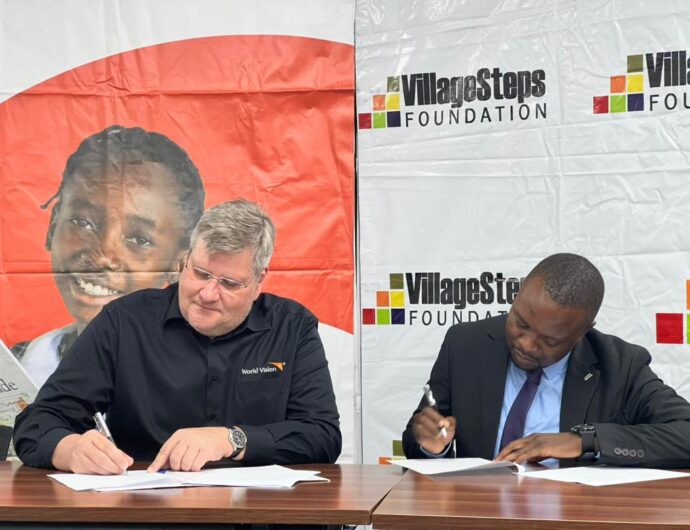ZESCO Limited says the country has increased power imports from neighboring countries, including Mozambique, South Africa, and the Southern African Power Pool (SAPP), which now supply 50% of the nation’s electricity needs.
The power utility company says these imports have, however, been occasionally disrupted by transmission issues and generation challenges at the source.
ZESCO Acting Managing Director Justin Loongo said as of December 27, 2024, the Kafue River basin and the Zambezi River basin, which support key hydropower stations like Itezhi-Tezhi, Kafue Gorge, and the Kariba Complex, have not seen significant improvements in water levels, resulting in reduced electricity generation.
“To mitigate the effects of the power deficit, ZESCO has deployed several strategies including the installation of 12MW of diesel-powered generators in key locations to support Small and Medium Enterprises (SMEs) and essential services,” said Mr. Loongo.
Meanwhile, Mr. Loongo has placed an emphasis on expanding Zambia’s renewable energy capacity as part of a longer-term strategy.
He further said ZESCO has introduced flexible payment options for customers enrolling in net metering, making renewable energy more accessible to a broader segment of the population.
And Energy Regulation Board (ERB) Director General Elijah Sichone, said the approval of the ZESCO emergency tariff application is to support the continued provision of power supply in the country.
Mr. Sichone highlighted the negative impact of the drought, which has affected the ability to generate electricity to supply to consumers throughout the country.
By Margaret Mwanza




